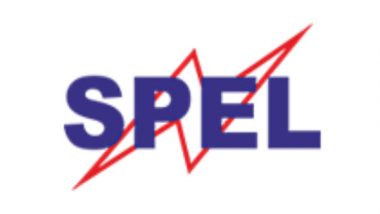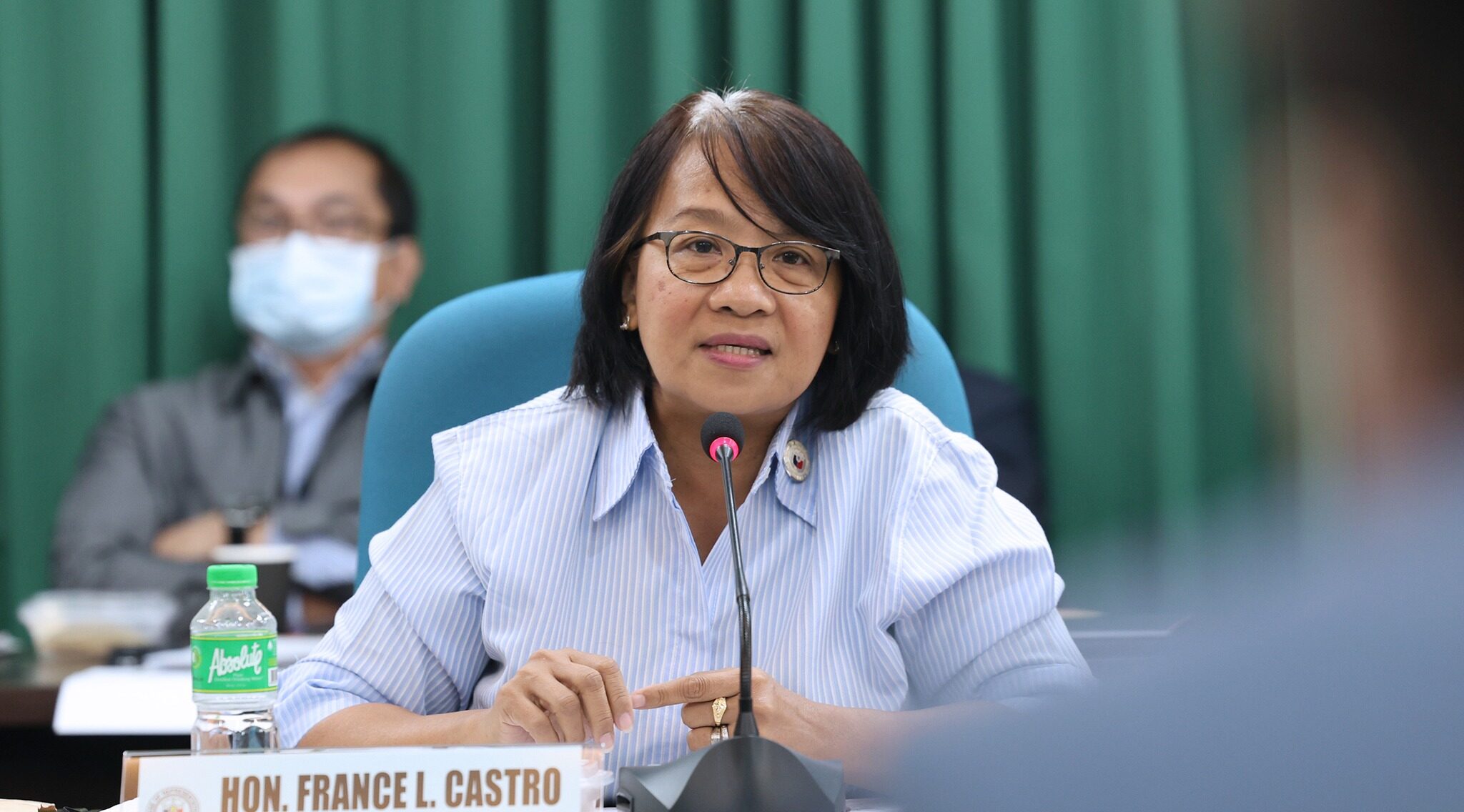
Change is never easy, but it is often necessary. In 2024, Nigeria witnessed a series of reforms that underscored the power of determined and purposeful leadership. Dr.
Zacch Adedeji, Executive Chairman, Federal Inland Revenue Service (FIRS), has redefined the tax sector in Nigeria. His efforts were not merely about adjusting policies; they were about reconstructing a fractured system, ensuring its efficiency, and promoting trust between the government and its people. Under President Bola Ahmed Tinubu, there was a clear mandate for action and progress.

Leadership under the Renewed Hope Agenda has been about assembling people who are not just capable but also willing to work tirelessly toward Nigeria’s development. Dr. Zacch exemplified this character.
From the get-go, he took on the challenge of transforming Nigeria’s tax system. He understood the assignment that leadership is not about holding a position; it’s about making an impact, and he wasted no time in doing so. The Tax Boss focused on leveraging technology and data to enhance tax collection, achieving a huge reduction in inefficiencies.
One of his key projects was the complete modernization of the TaxProMax system, introducing new modules that have automated over 80% of the previously manual processes, improving transparency and service delivery for taxpayers. This has allowed for smoother interactions between the FIRS and various stakeholders, making the tax process more accessible and user-friendly, especially for small business owners. Alongside this technology, Dr.
Zacch has made an effort to expand Nigeria’s tax base. Traditionally, the country’s revenue has disproportionately relied on the oil sector. Still, with global oil prices being volatile and unpredictable, he understood that Nigeria’s financial stability would require a much more pool of tax revenue.
He worked to bring more small and medium-sized enterprises (SMEs) into the tax system by offering them support and incentives. This helped businesses that might have otherwise been left out to join the system and contribute to the country’s revenue. His approach made it easier for SMEs to pay taxes, ensuring they could be part of the system and grow within it.
This 2024, FIRS exceeded its N19.4 trillion revenue targets by a long margin, far surpassing the N12.3 trillion revenue collection for 2023.
This speaks volumes about the effectiveness of Dr. Zacch’s reforms. His leadership has turned FIRS into a high-performing agency, one that is now regarded as a major player in driving Nigeria’s economic recovery and growth.
The Tax Boss has developed policies that cater to Nigeria’s economic realities. For instance, his insistence on a fair tax system that does not burden the poor while ensuring that wealthier people and corporations contribute fairly has helped redefine tax equity in Nigeria. His approach, which prioritizes fairness, has made the system more inclusive, encouraging more people to pay taxes without feeling overburdened.
This strategy is necessary for ensuring that the government has the resources it needs to invest in infrastructure, social services, and other projects that will drive Nigeria’s long-term growth. One of Dr. Zacch’s legacies for 2024 is his push for transparency and accountability.
He introduced the Anti-Corruption and Transparency Unit (ACTU), in collaboration with the Independent Corrupt Practices Commission (ICPC). This was designed to eliminate corrupt practices within FIRS, ensuring that the tax administration process is conducted with the highest standards of integrity. This step aligns with his broader vision for an equitable tax system that emphasizes prosperity rather than burdening the disadvantaged.
His philosophy “We tax the fruit, not the seed” has shaped the direction of tax reforms, making the system fairer and more accessible. To enhance Nigeria’s global trade standing, he introduces the National Single Window Project (NSWP) to simplify trade and improve Nigeria’s ease of doing business. This initiative aims to integrate Nigeria’s tax and trade systems, ensuring that businesses can interact with the government through a single, streamlined portal.
The benefits of the NSWP are extensive, as it helps reduce red tape, improve efficiency, and make Nigeria more competitive in the global marketplace. His role as the President of the Commonwealth Association of Tax Administrators (CATA) has had an impact on Nigeria’s tax administration. Under the Tax Boss, CATA has become a platform for tax administrations across the Commonwealth to exchange ideas and best practices.
Beyond operational reforms, the Tax Boss has focused on improving the welfare of FIRS employees, understanding that a motivated workforce is necessary for the success of any organization. He has supported and eased staffs’ leveling up processes, and other welfare programs, resulting in a more committed and energized workforce. His leadership style, which combines compassion with insight, has created a positive work environment at FIRS.
The 2024 Tax Reform Bill 2024 is one of the most anticipated legislative pieces. It has successfully passed the second reading in the Senate. This bill aims to overhaul the country’s fragmented tax laws by consolidating them into a more unified and transparent framework.
One of the objectives of this reform is to simplify the tax compliance process, which has long been seen as overly complex and discouraging for businesses. By streamlining tax laws, the bill is designed to reduce bureaucratic hurdles, thereby making it easier for businesses, particularly SMEs, to navigate tax and invest in growth. Additionally, the bill is set to introduce measures that will promote tax compliance and fairness, ensuring that all sectors of society contribute fairly to the national revenue.
Another component of the proposed reforms is the establishment of tax tribunals and a tax ombudsman. These entities will provide a formal, transparent mechanism for resolving tax disputes, which have often been a source of frustration for taxpayers. Moreover, the proposed Nigeria Revenue Service (Establishment) Bill aims to replace the outdated FIRS Act, ushering in a more contemporary framework that can better address the challenges of the modern economy.
Once the Tax Reform Bill is passed and implemented, it will simplify Nigeria’s tax system by reducing taxes. People earning up to the minimum wage will no longer pay income tax, and small businesses with annual turnover under ₦50 million will be tax-exempt. The corporate tax rate will gradually decrease, and there will be a new system to ensure that double taxation is eliminated.
VAT on essentials like food, healthcare, and education will remain exempt, while states will get a larger share of VAT revenue to support their development. This year has been about far more than just increasing revenue, it has been about setting Nigeria on a path toward fiscal independence and resilience. For the Tax Boss, the journey is far from over.
While progress has been made in transforming Nigeria’s tax system, there are still challenges to overcome. He is committed to ensuring that all the reforms are fully implemented across the country, and this will require the government to keep pushing forward and maintain the momentum already built. The Tax Boss has laid a solid foundation for a tax system that will benefit Nigeria and its people, and we are all here for it, eagerly watching as the impact continues to unfold.
.











